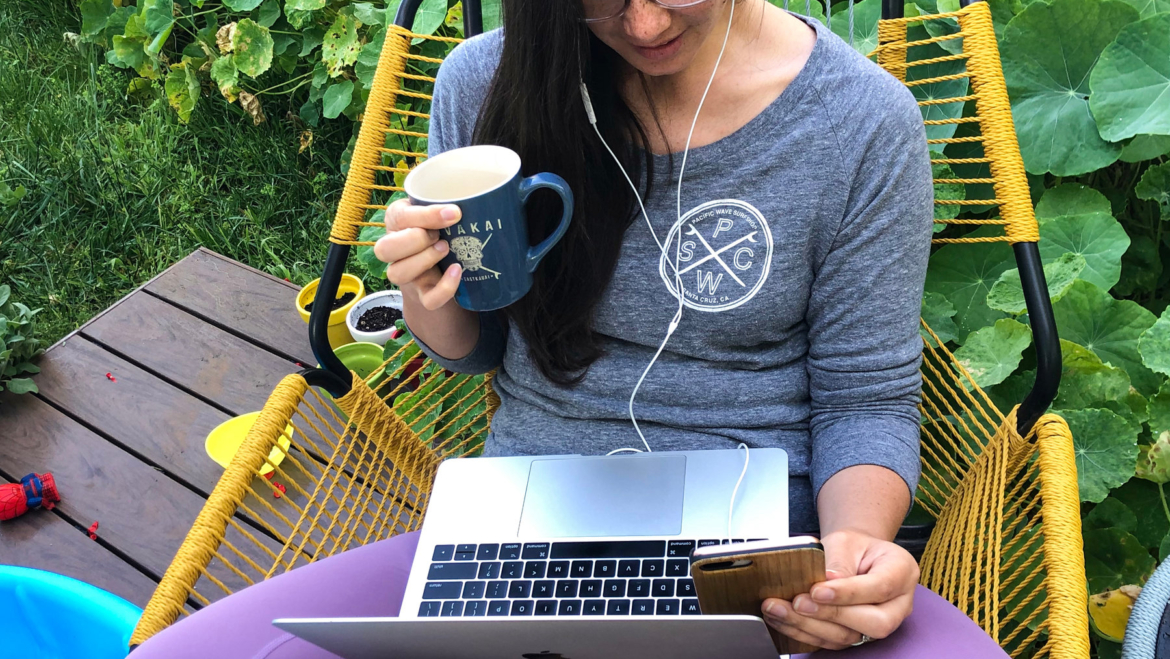Dr. Lwanga Martin Mwanje
Mwami was one of the first Chief Executive officers to appreciate the fatality of the coronavirus and immediately send his 80 staff force to work from home. Around town many organizations took in the news of the virus with a bit of skepticism, more as part of global politics. But when the virus slowly crawled made its way into the East African nation, and news of COVID- 19 related deaths became more than common, all had to take notice.
The hesitation to send workers home by many CEOs unlike Mwami had been prompted out of fear that workers who are not on the scene can’t be managed. “I need to see my staff come and go out to ensure they still belong to my organization!”
For Mwami he too had been conscious of these fears. However, other than dwell on them, what he did was to talk to his HR Manager to come up with solutions. “I see we won’t be regularly meeting our staff! However, we need to ensure that we remain as engaged as one organization. Come up with practical steps how we shall do this!”
Mpewo, the HR Manager, quickly sat down with her team. “How do we ensure our staff remains engaged while working virtually!”
“Let’s have weekly virtual meetings on different topics of interest,” suggested one staff member. “These talks can be organized by bringing in guest speakers who can speak to us on issues not just about work but also related to new challenges like supervision remote workers.”
Mpewo took the matter to Mwami who quickly adopted the proposal of having virtual weekly town hall meetings. Through these meetings Mwami would share with the organization on the latest news regarding major developments at work. For example, in one virtual meeting he briefed the organization on a major upgrade of the MIS system. “This is going to give us a competitive edge over our competitors.”
After a while a team member of HR noted to Mpewo that the virtual meetings were all about business and while staffs were promptly attending they were losing interest. “If we want staff to be more tuned in,” the staff suggested, “we should also make them more light hearted and interesting!” Mpewo agreed with the idea. For this reason it was decided that each meeting would start with an expert guest speaker coming in to share on a topic of mutual interest.
The first guest speaker shared on how to manage family relations while working at home. This was followed by one who shared on addressing mental health challenges during the COVID-19 pandemic. Then there was a medical care expert who was brought in to share on prevention and treatment of COVID-19. One topic was on financial resilience.
These topics stimulated a lot of interest and debates among members, long after the speakers had signed out. Other than feeling disconnected members were now pulled together to discuss both work and issues of mutual interest, especially those regarding their welfare.
Today, as many organizations due to the pandemic have staff working remotely, they will need to find innovative ways to stay engaged and connect with them. What would bind them together other than the mere fact of sending in their outputs and waiting for a pay slip bearing the company logo? Every organization must dig deep and come up with creative ways that bind staff together and create that lasting sense of belonging.


Add Comment